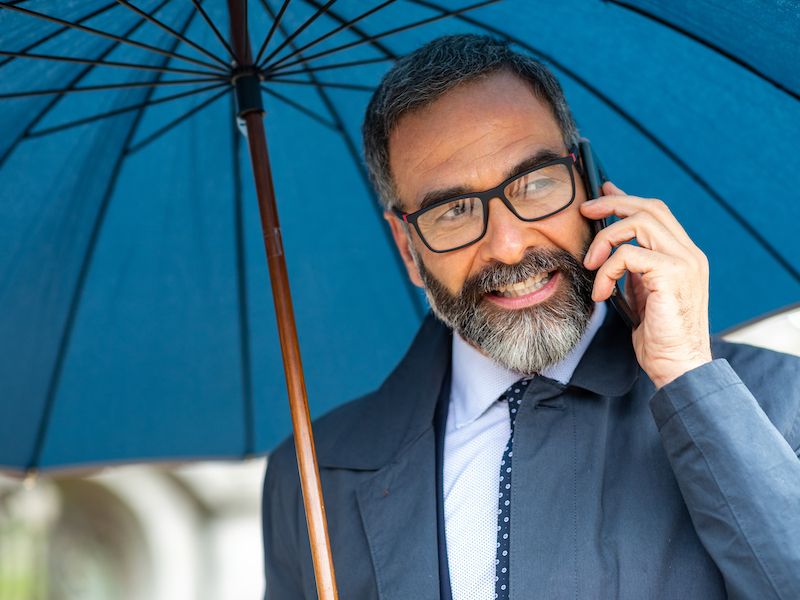
John’s been experiencing problems hearing at work. But he thinks it’s probably everyone else not speaking clearly. Besides, he believes he’s too young to need hearing aids, so he has been avoiding seeking out a hearing specialist, and hasn’t had a hearing examination. Unfortunately, he’s been cranking up the volume on his earbuds in the meantime and doing significant harm to his hearing. Sadly, his resistance to admitting that he has hearing loss has stopped him from seeking out effective solutions.
But what John doesn’t comprehend is that his views are outdated. Because the stigma concerning loss of hearing is becoming less common. While in some groups, there’s still a stigma around hearing loss, it’s far less apparent than it was previously, particularly among younger generations. (Isn’t that ironic?)
How is Hearing Loss Stigma Harmful?
The cultural and social associations with hearing loss can be, to put it simply, not true and not beneficial. Loss of vigor and aging are sometimes connected to hearing loss. People are frequently concerned that they might lose social status if others find out they have hearing loss. They feel they might appear old and come off as less “cool”.
You could be tempted to consider this stigma as somewhat of an amorphous concern, detached from reality. But for people who are trying to cope with loss of hearing there are some very real repercussions. Here are some examples:
- Occupation setbacks (Maybe you were in a meeting and you missed some crucial information).
- Relationship challenges (that wasn’t just selective hearing…you really didn’t hear what was said).
- Avoiding hearing loss management (causing unnecessary troubled and poor outcomes).
- Difficulty finding employment (it’s unfortunate, but some people may buy into the stigmas around hearing loss even if it’s not entirely legal).
This list could continue for quite a while, but you most likely get it.
Luckily, changes are happening, and It seems like the stigma of hearing loss is truly going away.
The Reasons For The Decline of Hearing Loss Stigma
This decrease in hearing loss stigma is occurring for a number of reasons. Our relationship with technology in addition to demographic transformations in our population have started to change how we feel about devices like hearing aids.
More Younger Adults Are Suffering From Loss of Hearing
Younger adults are dealing with hearing loss more often and that could certainly be the leading reason for the decline in the stigma associated with it.
Most statistical research report the number of individuals with loss of hearing in the U.S. about 34 million, which breaks down to 1 in 10 people. There are too many factors that cause this for us to entering into here (loud sound from several sources seems to be the biggest problem), but the main point is that loss of hearing is more common now than it ever was in the past.
There’s more discussion and understanding about hearing loss as it becomes more widespread.
We’ve Become More Accustomed to Technology
Perhaps you were concerned that your first pair of hearing aids would cause you to look old so you resisted wearing them. But today hearing aids almost completely blend in. No one notices them. In many cases, newer hearing aids are small and subtle.
But often hearing aids go undetected because these days, everyone has some technology in their ears. Everyone is used to having technology so nobody cares if you have a helpful piece of it in your ear.
An Overdue Change in Thinking
Naturally, those two reasons are not the only causes for the retreat of hearing loss stigma. Much more is generally understood about hearing loss and there are even celebrities that have told the public about their own hearing loss situations.
There will continue to be less stigma concerning hearing loss the more we observe it in the world. Of course, now we are trying to do everything we can to prevent hearing loss. If we could find a way to counter trends in youth hearing loss as we battle hearing loss stigma that would be ideal.
But at least as the stigma goes away, more people will feel comfortable scheduling an appointment with their hearing care specialists and undergoing regular screenings. This can help improve general hearing health and keep everybody hearing better longer.